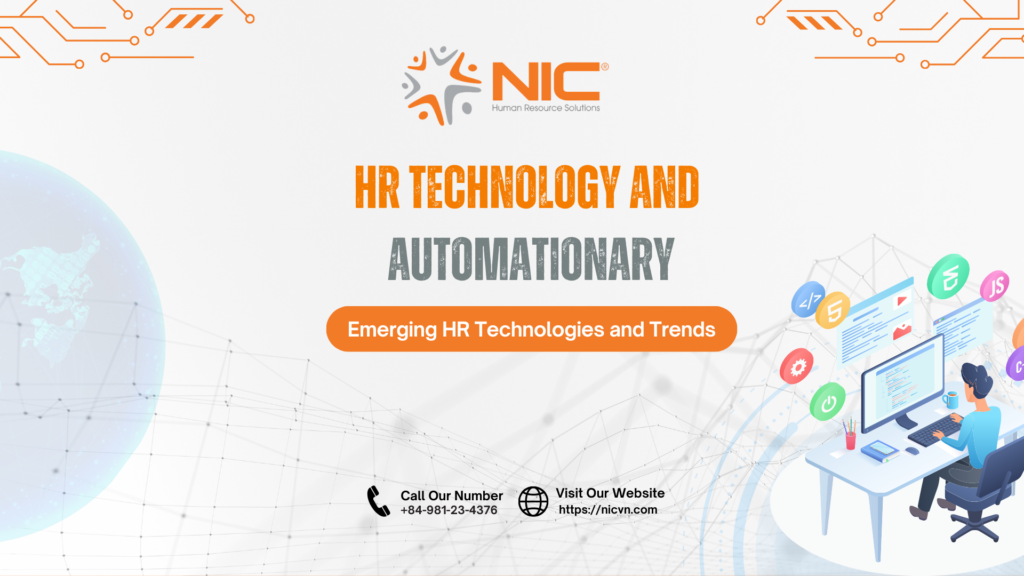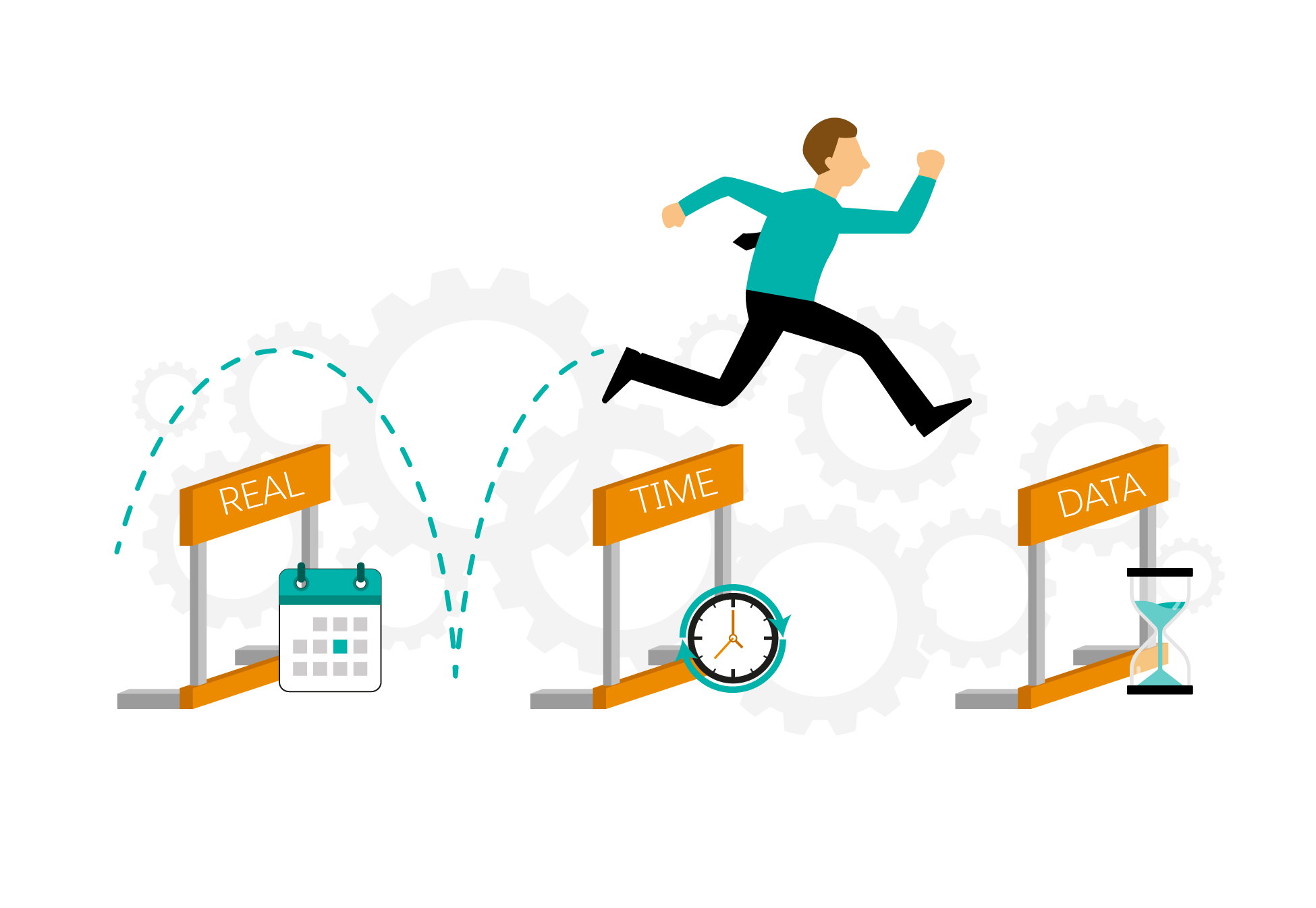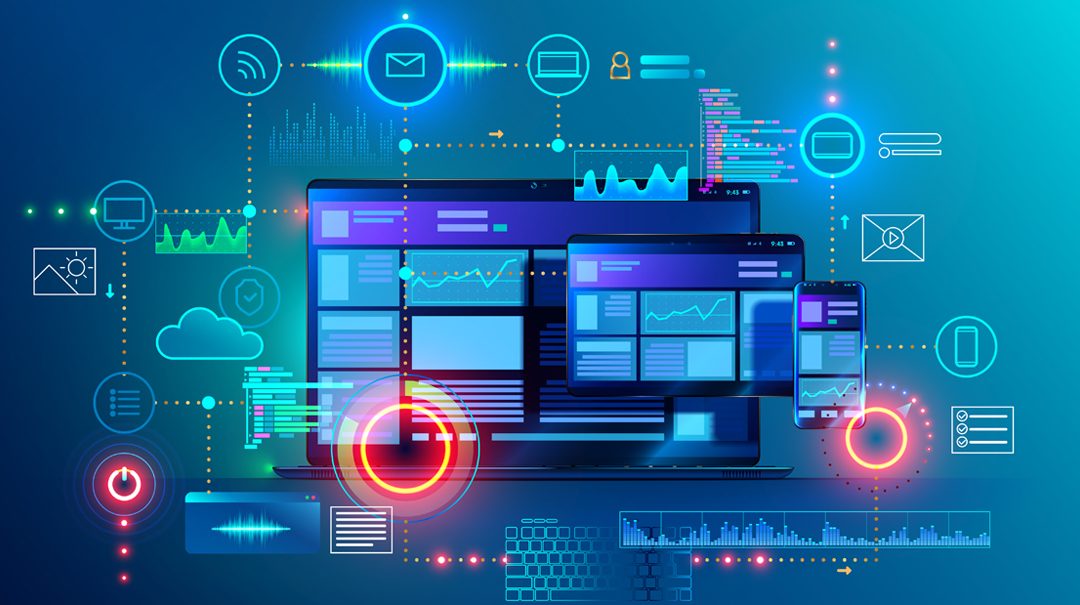HR Technology and Automation: Redefining the Future of Work
10/10/2024
In a world where every second counts, the race to optimize and streamline operations has pushed HR departments to the forefront of technological innovation. Gone are the days when HR was viewed as merely a support function; today, it’s the heartbeat of organizational strategy, driving transformation through cutting-edge technology and automation. This shift isn’t just about keeping pace with competitors—it’s about redefining the very fabric of how companies operate, engage with employees, and deliver value. As we delve into this dynamic landscape, we’ll uncover how HR automation is reshaping the workplace, making processes not only faster and more accurate but also more aligned with the evolving needs of a digital-first world.

The Unmatched Benefits of HR Automation

HR automation is transforming how businesses manage their most valuable asset: people. Traditional HR tasks, such as payroll processing, recruitment, and onboarding, are time-consuming and prone to errors when done manually. With automation, these tasks are executed precisely and quickly, freeing HR professionals to focus on strategic initiatives that drive business growth. Automated systems ensure consistency, reduce human error, and significantly cut down the time required to complete routine tasks
In the era of big data, HR departments are leveraging advanced analytics to gain deeper insights into workforce dynamics. Through digital transformation, HR can now predict employee turnover, optimize talent management, and enhance workforce planning with a level of accuracy and foresight that was previously unimaginable. By integrating AI and machine learning, businesses can make informed decisions that align with their long-term strategic goals
Automation isn’t just about efficiency—it’s also about improving the overall employee experience. Tools like AI-driven chatbots and self-service portals empower employees by giving them quick access to information and services, reducing their time on administrative tasks. This not only increases employee satisfaction but also boosts engagement, as employees can focus more on meaningful work and less on bureaucracy
Streamlining HR Processes with Technology
Automating Routine Tasks
One of the most significant impacts of HR technology is the automation of routine tasks. From applicant tracking systems that streamline the hiring process to payroll software that ensures timely and accurate payments, automation reduces the administrative burden on HR teams. This allows them to concentrate on more strategic tasks, such as talent development and organizational planning
Integrating Data for Real-Time Analytics
Modern HR systems are designed to integrate seamlessly with other business systems, providing a centralized platform for managing all HR-related data. This integration enhances data accuracy and enables real-time analytics, giving HR teams the insights they need to make data-driven decisions quickly and efficiently. Whether it’s monitoring employee performance, tracking engagement levels, or forecasting hiring needs, integrated HR systems provide a holistic view of the workforce

Emerging HR Technology and Trends
AI and Hyper-Automation
Artificial Intelligence (AI) is no longer a futuristic concept—it’s a reality driving innovation across HR functions. From predictive analytics to AI-powered chatbots, the application of AI in HR is broad and impactful. Hyper-automation, where AI and automation are applied across multiple HR processes, is becoming increasingly prevalent. This trend is not just about replacing manual tasks with machines but about creating smarter, more responsive HR systems that can adapt to changing business needs
The Shift to Remote and Hybrid Work
As the world adapts to new ways of working, HR technology plays a crucial role in managing remote and hybrid workforces. Tools that facilitate remote onboarding, virtual collaboration, and digital employee engagement are becoming essential. These technologies not only support the operational aspects of remote work but also help maintain company culture and employee morale in a distributed work environment
Rise of Employee Self-Service Platforms
The trend towards employee self-service is growing, with platforms that allow employees to manage their HR tasks, such as accessing payslips, requesting leave, and enrolling in benefits. These platforms reduce the administrative load on HR departments while empowering employees with greater control over their HR interactions. This shift towards self-service is indicative of a broader trend in HR technology towards greater autonomy and flexibility for employees

In conclusion, HR technology and automation are not just transforming the HR function—they’re reshaping the entire business landscape. From improving efficiency and accuracy to enhancing employee experiences and enabling data-driven decision-making, the benefits of HR automation are vast and far-reaching. As these technologies evolve, staying ahead of emerging trends will be crucial for organizations that aim to optimize their HR functions and drive business success. By embracing these innovations, companies can create a more agile, responsive, and employee-centric workplace that is better equipped to meet the demands of the future.
For contact and support:
Facebook: NIC Global – Human Resource Solutions
Linkedin: NIC Global Sourcing JSC
Website: www.nicvn.com
Email: info@nicvn.com
Hotline: 0981.23.43.76
Address:
- Hanoi Office: No. 3A Thi Sach, Pham Dinh Ho Ward, Hai Ba Trung District, Hanoi, Vietnam
- Ho Chi Minh City Office: Dakao Center Building, 35 Mac Dinh Chi, District 1, Ho Chi Minh City, Vietnam
See more:
Payroll service
Staffing service
EOR service





